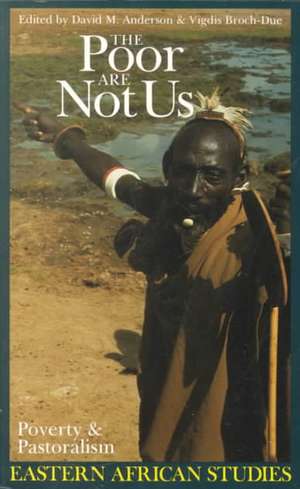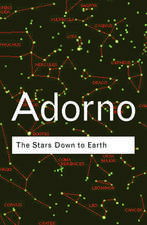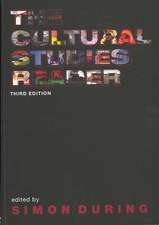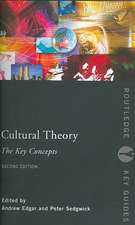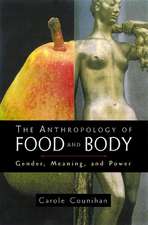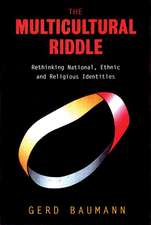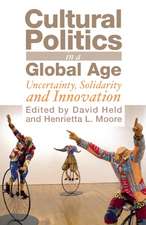The Poor Are Not Us – Poverty and Pastoralism in Eastern Africa
Autor David M. Anderson, Vigdis Broch–dueen Limba Engleză Paperback – 5 mar 2024
Eastern African pastoralists often present themselves as being egalitarian, equating cattle ownership with wealth. By this definition “the poor are not us”, poverty is confined to non-pastoralist, socially excluded persons and groups.
Exploring this notion means discovering something about self-perceptions and community consciousness, how pastoralist identity has been made in opposition to other modes of production, how pastoralists want others to see them and how they see themselves.
This collection rejects the premise of pastoral egalitarianism and poses questions about the gradual creep of poverty, changing patterns of wealth and accumulation, the impact of diminishing resources on pastoral communities and the impact of external values of land, labor, and livestock.
Exploring this notion means discovering something about self-perceptions and community consciousness, how pastoralist identity has been made in opposition to other modes of production, how pastoralists want others to see them and how they see themselves.
This collection rejects the premise of pastoral egalitarianism and poses questions about the gradual creep of poverty, changing patterns of wealth and accumulation, the impact of diminishing resources on pastoral communities and the impact of external values of land, labor, and livestock.
Preț: 281.06 lei
Nou
Puncte Express: 422
Preț estimativ în valută:
53.78€ • 56.80$ • 44.76£
53.78€ • 56.80$ • 44.76£
Carte tipărită la comandă
Livrare economică 13-27 ianuarie 25
Preluare comenzi: 021 569.72.76
Specificații
ISBN-13: 9780821413135
ISBN-10: 0821413139
Pagini: 356
Dimensiuni: 133 x 216 x 15 mm
Greutate: 0.34 kg
Ediția:1
Editura: MJ – Ohio University Press
ISBN-10: 0821413139
Pagini: 356
Dimensiuni: 133 x 216 x 15 mm
Greutate: 0.34 kg
Ediția:1
Editura: MJ – Ohio University Press
Recenzii
“This book’s great merit is to have managed to make the study of what are minority communities in eastern Africa interesting and relevant to those who are concerned with the ways in which the continent has tackled the thorny question of 'devel
“…Anderson and Broch–Due have assembled an insightful collection on the causes of poverty among pastoralists, its history and extent in East Africa, the cultural meanings and conceptualizations of poverty, and the complex relationships among poverty, livelihood, and ethnic identity. It is essential reading for students of East African pastoralist societies.”—Roderick Neumann, Florida International University, African Affairs
Notă biografică
David M. Anderson is a historian at St. Anthony's College, University of Oxford. He is the author of Eroding the Commons, co-editor of Revealing Prophets, and The Poor Are Not Us.
Vigdis Broch–Due is research fellow at the Nordic Afrika Institute, Uppsala.
Vigdis Broch–Due is research fellow at the Nordic Afrika Institute, Uppsala.
Descriere
Eastern African pastoralists often present themselves as being egalitarian, equating cattle ownership with wealth. By this definition “the poor are not us”, poverty is confined to non-pastoralist, socially excluded persons and groups.
Exploring this notion means discovering something about self-perceptions and community consciousness, how pastoralist identity has been made in opposition to other modes of production, how pastoralists want others to see them and how they see themselves.
This collection rejects the premise of pastoral egalitarianism and poses questions about the gradual creep of poverty, changing patterns of wealth and accumulation, the impact of diminishing resources on pastoral communities and the impact of external values of land, labor, and livestock.
Exploring this notion means discovering something about self-perceptions and community consciousness, how pastoralist identity has been made in opposition to other modes of production, how pastoralists want others to see them and how they see themselves.
This collection rejects the premise of pastoral egalitarianism and poses questions about the gradual creep of poverty, changing patterns of wealth and accumulation, the impact of diminishing resources on pastoral communities and the impact of external values of land, labor, and livestock.
